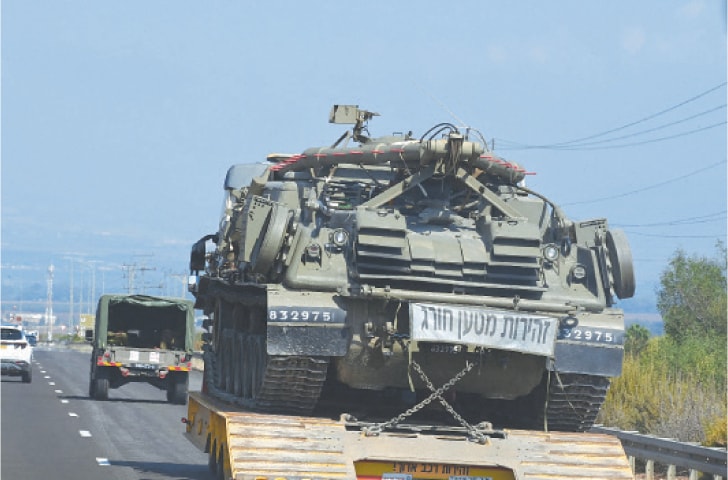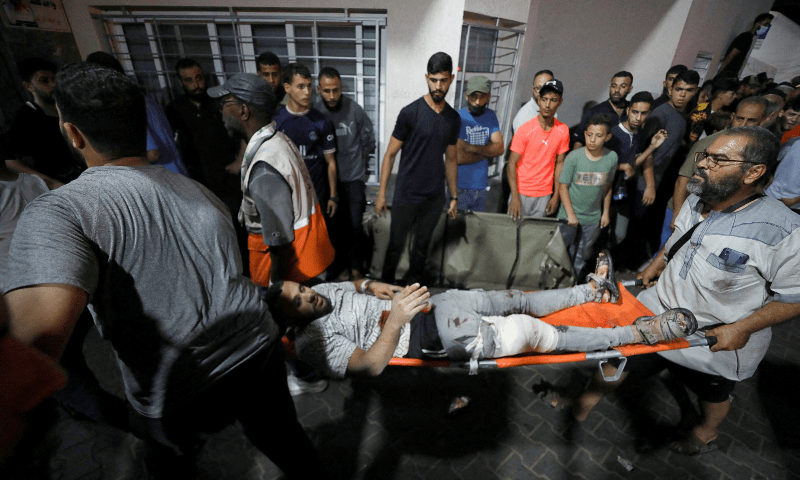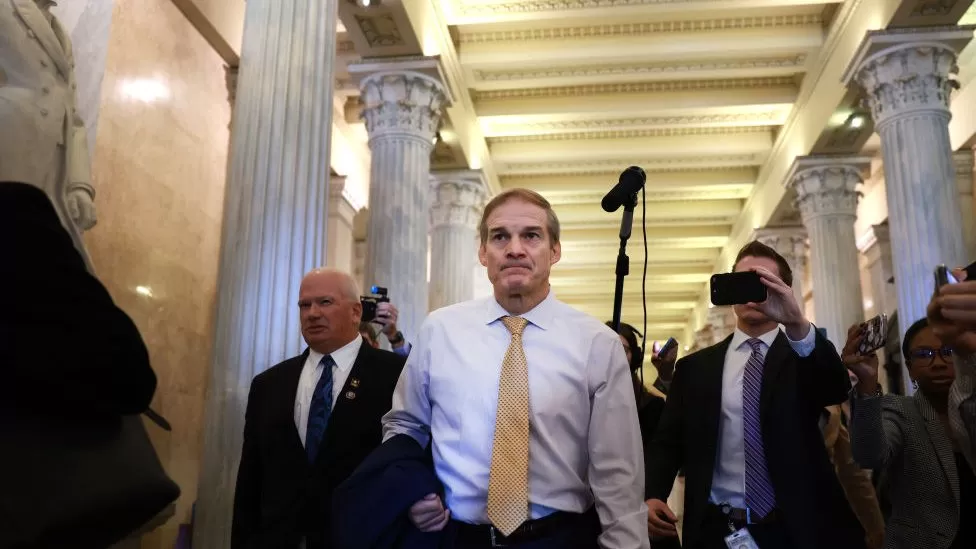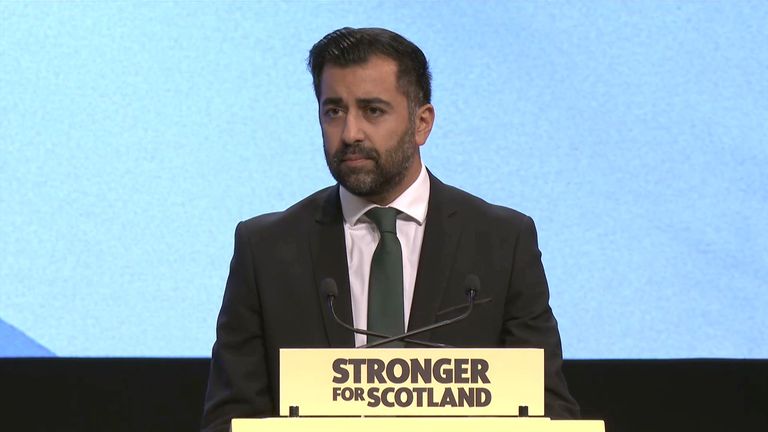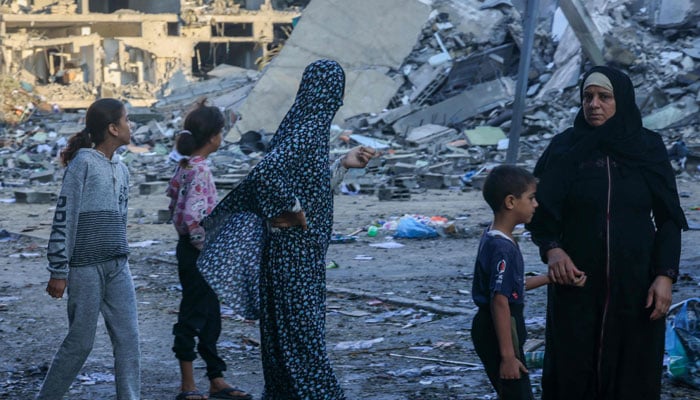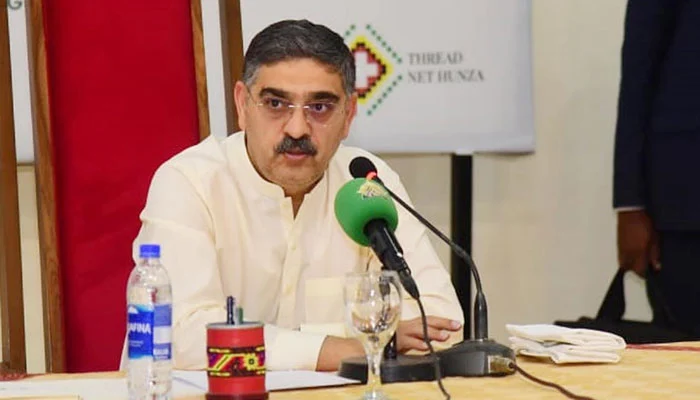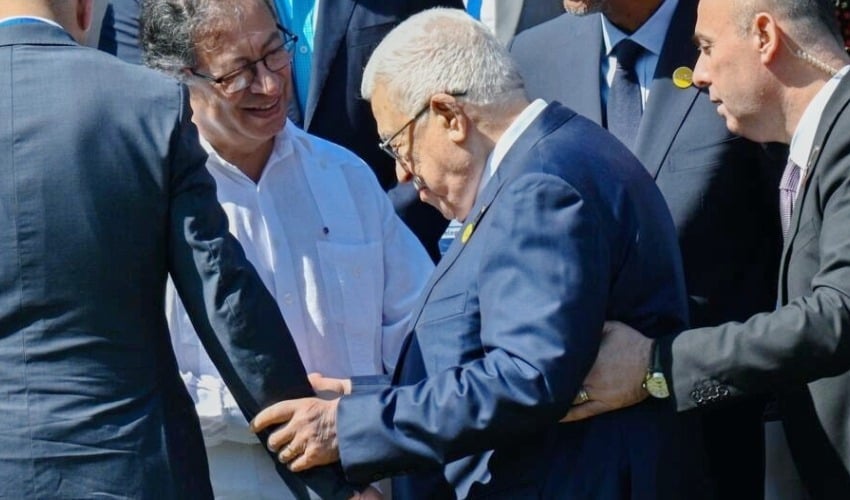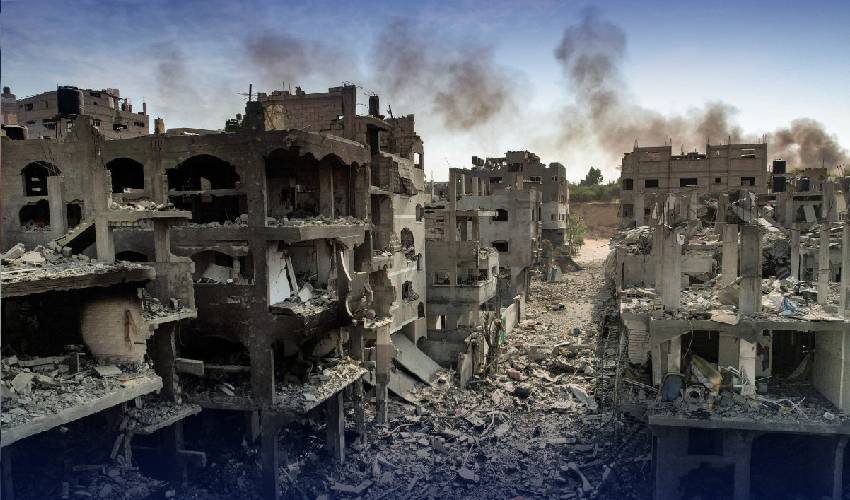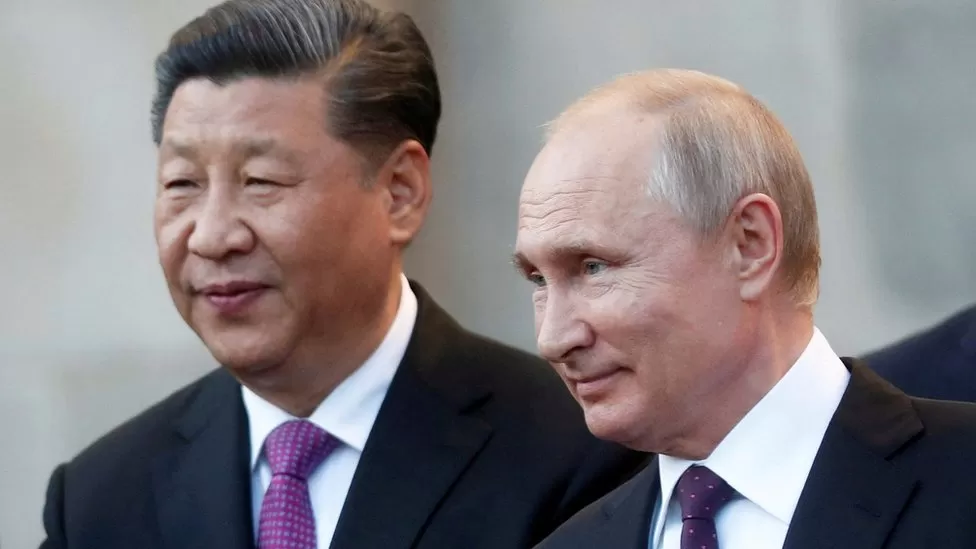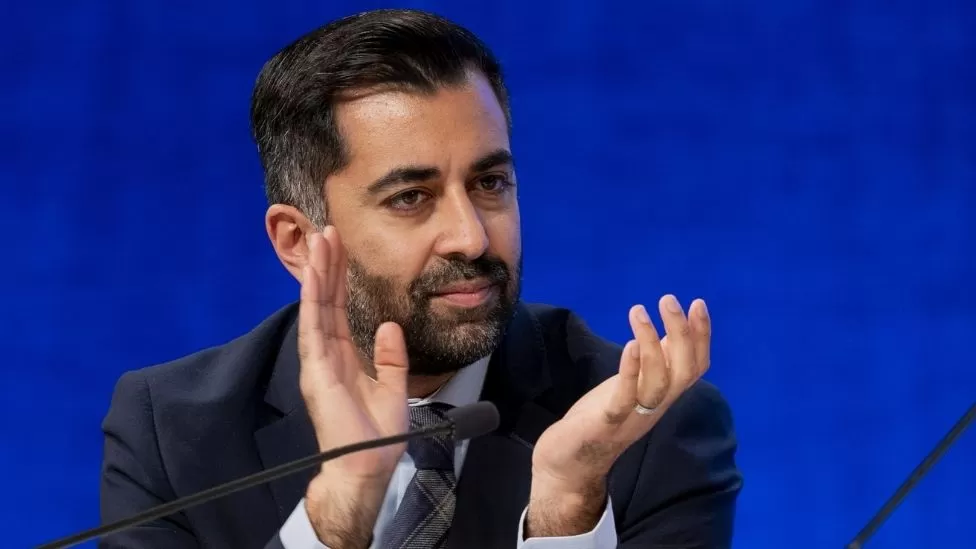KIRYAT SHMONA: Israeli troops killed at least four fighters attempting to breach the border from Lebanon on Tuesday, the army said, as tensions run high on the border between the two countries.
Since Oct 8, Israel has traded fire on a near-daily basis with Hezbollah and Palestinian fighters in Lebanon. The Israeli army said its forces opened fire on fighters when they attempted to cross the northern border with Lebanon on Tuesday morning. Hezbollah said five of its fighters had been killed “performing jihad”. It was not clear if these were the same ones who Israel had accused of trying to infiltrate the border.
Later, the army said anti-tank missiles targeted Israeli forces in two locations, with Israeli tanks and artillery retaliating against the “origins of the fire” and Hezbollah military posts.
Shots “fired from a light weapon” at several Israeli military positions near Lebanon wounded two Israeli military reservists and a civilian, it added.
Later in the day, air raid sirens sounded in the border town of Kiryat Shmona, which is nearly empty as many of the residents have fled to seek safer accommodation.
The army said “two rockets were launched from Lebanon toward Israeli territory”, with one “successfully intercepted” and the other hitting an open area.
Hezbollah said it had struck several Israeli military points, some with guided missiles, and targeted an Israeli army vehicle and a tank.
The military said it had targeted Hezbollah with overnight air strikes on southern Lebanon.
At least 18 have been killed on the Lebanese side, including a Reuters journalist and two other civilians, while on the Israeli side, at least three people have been killed.
Lebanon’s state-owned National News Agency said areas along the western section of the border had come under “continuous” bombardment overnight.
Homes in the village of Dhayra were hit, resulting in casualties, NNA reported, without elaborating. “The enemy (Israel) used phosphorus bombs and targeted civilians,” the news agency said.
The Israeli army has denied using the incendiary weapon white phosphorus in either Gaza or south Lebanon, after Human Rights Watch accusations last week.
Flights suspended
France on Tuesday joined several Western countries in warning its citizens to avoid travel to Lebanon as the security situation remains tense and as some airlines suspended flights.
“Given security tensions in the region and particularly on Lebanon’s southern border, French travellers planning a trip to Lebanon are not advised to go there,” the French foreign ministry said in a statement on its website.
Swiss International Air Lines said on Monday it was suspending flights between Switzerland and Beirut initially until Oct 28 due to unrest on the border. Germany’s Lufthansa has suspended flights until October 22, the airline’s website says.
Middle East Airlines, Lebanon’s national carrier, relocated five of its 24 planes to the Istanbul airport as a temporary “pre-emptive step” in light of regional developments, it said on Monday.
Canada has warned its citizens to “avoid non-essential travel to Lebanon”, citing “an unpredictable security situation” and the “armed conflict with Israel”.
“The British Embassy has temporarily withdrawn family members of staff,” the government website said, advising “against all travel to some parts of Lebanon” including border areas and “against all but essential travel to the rest of Lebanon”.
The United States on Oct 9 issued a broad “regional security alert” warning citizens to “take caution”. Spain has also advised against non-essential travel. Australia has advised its citizens: “‘Reconsider your need to travel’ to Lebanon due to the security environment”.


